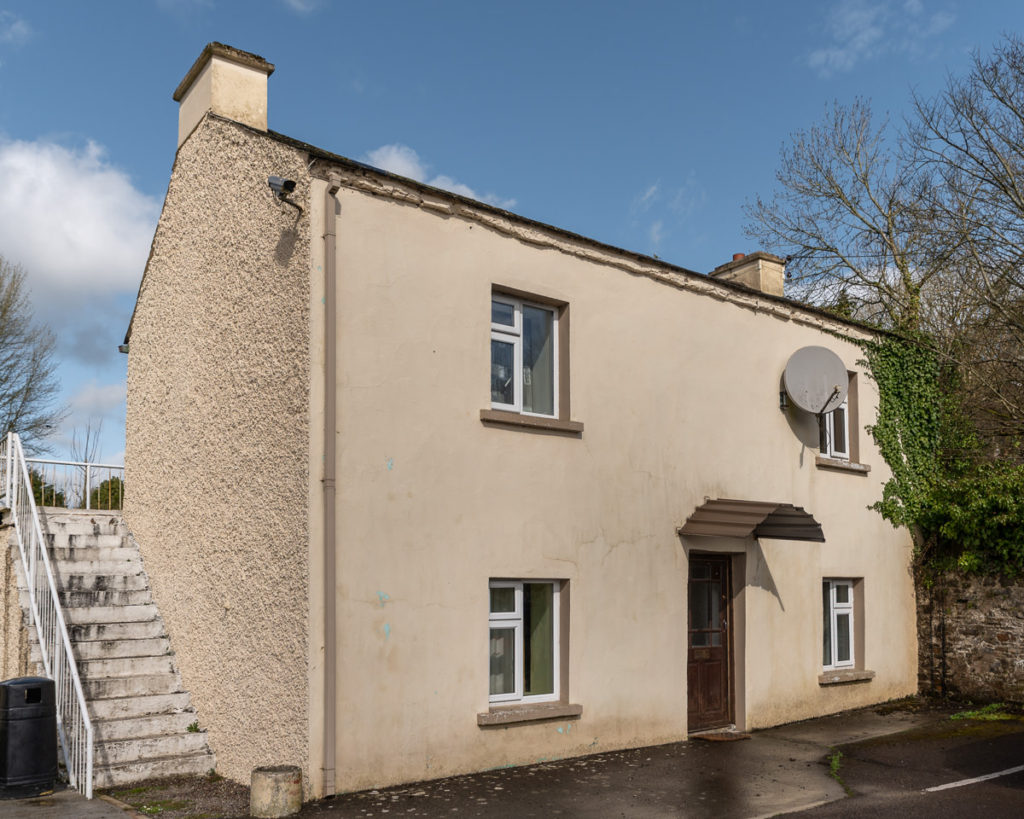
Hanna Sheehy was born in 1877 in the Mill House, her father David being mill-manager, later to serve as Nationalist M.P. for two constituencies. He spent three years in Kanturk before transferring to a similar occupation in Templemore.

Hanna was educated at UCD where she met the pacifist Francis Skeffington, her future husband. He publicly opposed recruitment to the British army for which he was jailed. Hanna became a widowed mother when her husband was brutally murdered by a British Army officer in 1916 – he was arrested while on the streets in an attempt to stop looting. Hanna supported the Rebellion and opposed the 1922 Treaty. For her suffragette activities she followed father and husband to jail and like the latter she also suffered hunger strike.
She was elected a Sinn Féin member of Dublin Corporation in 1920 and was on the Fianna Fáil executive in 1926.
It was women’s rights, however, that dominated Hanna’s political philosophy. Resulting from this, she fell foul of the Catholic Church as well as the Cosgrave and DeValera governments. She contested the general election of 1943 on behalf of the Women’s Social and Progressive League but failed to be elected. She died in 1946 leaving one son, Owen Sheehy Skeffington, who continued the family tradition of radicalism.